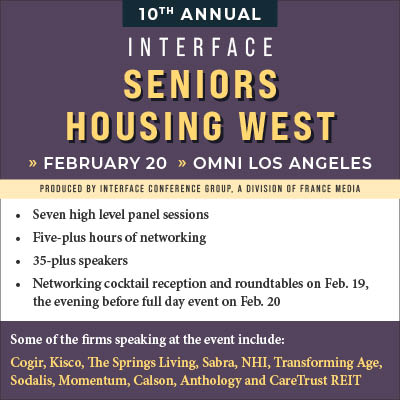By Jack Cumming
A family with whom my wife and I have close ties lost their home and family memories in The Great Los Angeles Fire of 2025. A loss like that calls for quick decisions. Where to live? What to wear? How to grieve? What’s next? The alternative is to endure pain and hope for help. As Scarlett O’Hara would say, “After all, tomorrow is another day.”
Decision Reluctance
Most people are not conditioned to be able to make quick decisions, and my friends are no exception. That’s led me to think about decisions — personal and corporate — and why some people and businesses thrive while others, most, drift.
Seth Godin, in his column for January 13, 2025, as the fires were raging, wrote, “Decisions are easy, choices are hard.” He concludes, “If we face a difficult choice, it’s helpful to stop thinking about it as a decision. It’s a choice. Decisions are strategic, choices are personal.”
It’s Not That Simple
There’s truth in what he writes, but his insight also deserves critical thinking. Decisions aren’t easy. Before making a decision, all choices are possibilities, and the fantasy persists that we may, with time, make the best decision. Yes, there are choices, and ultimately, our decision, which later will be the choice we made, may be subject to second-guessing.
A wise friend of mine once noted that most people hate to make decisions. All those wonderful future possibilities suddenly disappear, and those responsible are left with the reality of their choice. Of course, not making a decision is itself a choice. It’s thought that action may draw criticism, while passive failure is the safer choice. Not so.
Consequences of Indecision
We all know of friends who persist in miserable marriages because neither partner can make the difficult decision to recognize the reality and to leave the union. That’s true in businesses, especially senior living, as well. Many executives persist with the status quo in the hope that somehow, magically, the future will work out.
Think of the CEO who has direct reports who just don’t have the perspicacity to perform effectively in their leadership positions. The CEO may give them assignments with the hope that this will cause them to suddenly see the light and become the great performers that the business needs and that the board expects. That’s a choice to stay with a failing “marriage.” Corporate leadership calls for quick, well-reasoned, wise decisions that are sharp, clear, and irrefutable.
Call to Action
Every CEO, every executive, every manager, and every employee should internalize that they are stewards of all that their customers have entrusted to them. By accepting their compensation, they become servants of those customers. For senior living, customers may be residents, beneficiaries, donors, families, or the public good.
Taking a position of compensated responsibility in senior living is one of the highest callings there is. There may be statutes that declare sanctimoniously that a senior living undertaking is not a fiduciary responsibility. The legalists can argue that it’s only a unilateral contract accepted as a condition of benefit entitlement.
Still, we all know that, by the standards of a higher truth, it’s so much more ethically, and for those of faith, it’s so much more in the eyes of God. This is true of all who profit from employment in the industry and even more for those responsible for regulation or who, by default and indecision, allow the industry to be unregulated, as is the case in many states.
The action called for is that which can give the industry a start on the trust it needs to earn. Action begins with acceptance, openly and willingly, of the fiduciary responsibility that inheres in promising to shelter people through the uncertainties of aging for all the days remaining in their lives, in good times and bad, through sickness and health, for as long as life endures.
Afterword
Seth Godin concludes, “Decisions are strategic, choices are personal.” I would say that both are emotional. There’s little difference in the moment of decision between a personal choice or a business decision.
Do you have a decision … a choice … that you keep secret? Was it a secret decision to stay in a job or marriage you knew wasn’t working? To better understand your own decision capacity, it’s best to start with the emotional. There’s a book that explores such choices. It’s not a business book. It’s highly personal. Yet, reading it can make you a better thinker and leader in business. The silos of our lives are interwoven.
Click here for a fascinating book about a secret decision — in this case, the decision of a mother to give up her daughter for adoption. What could be a more critical, more agonizing decision than that? For a book about how indecision in a senior housing complex led to a near disaster, click here. It’s less emotional because it describes the aftermath, not the subjective feelings of those responsible.





